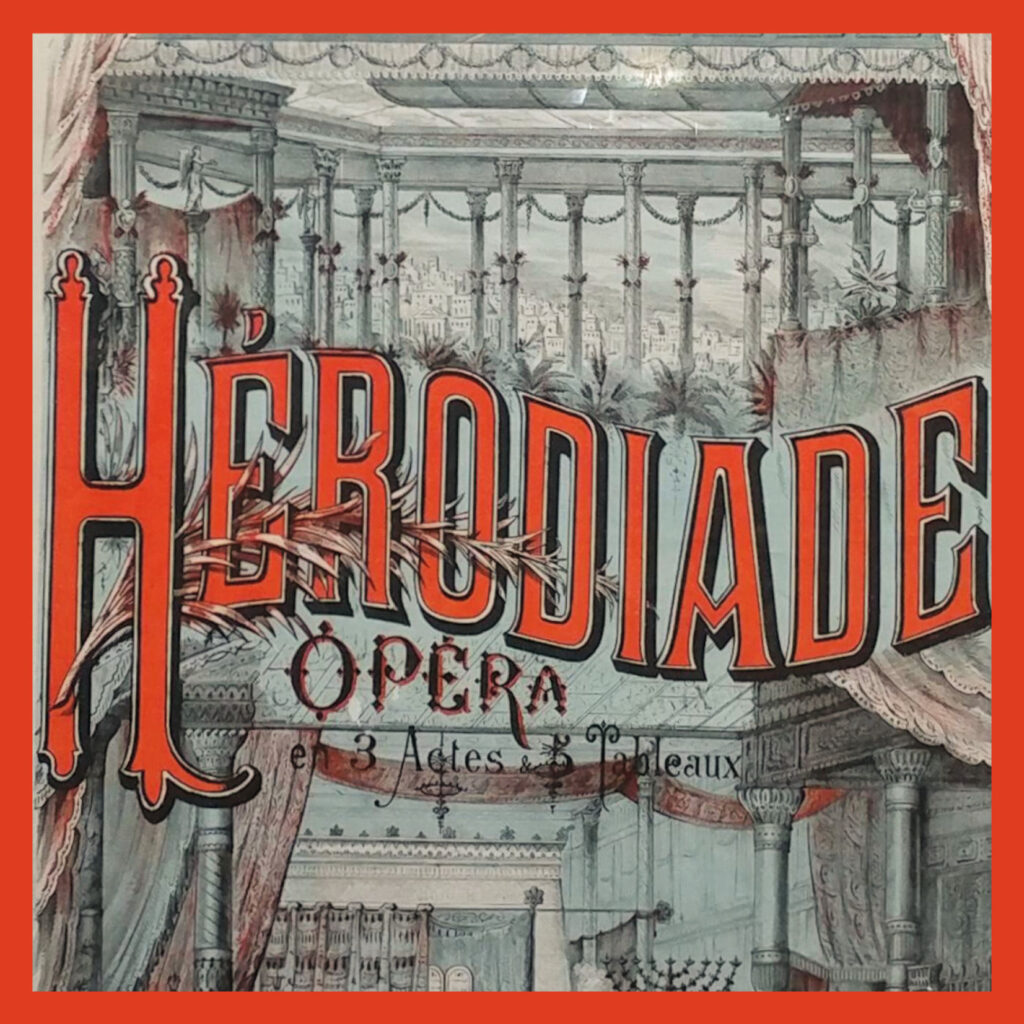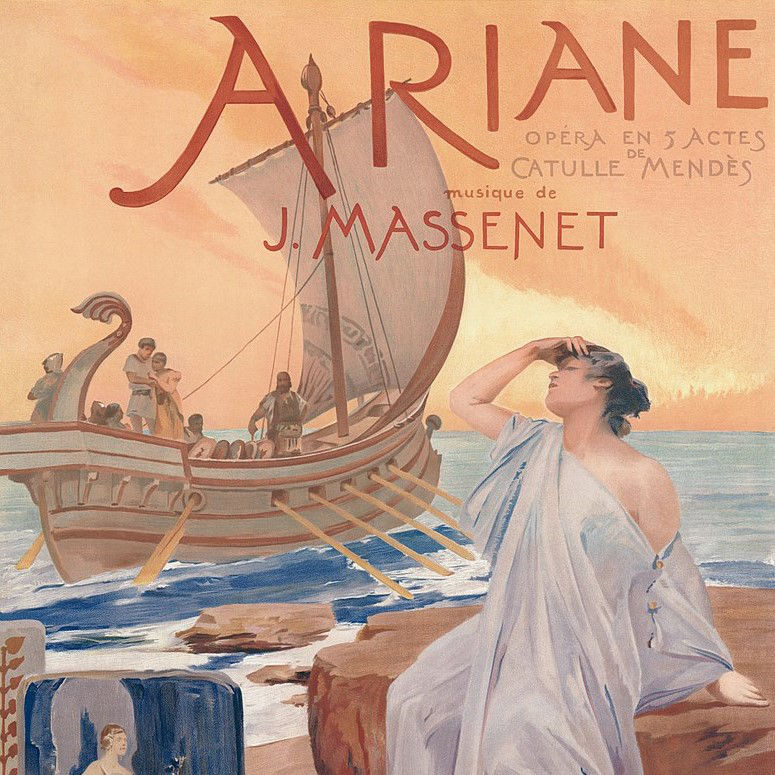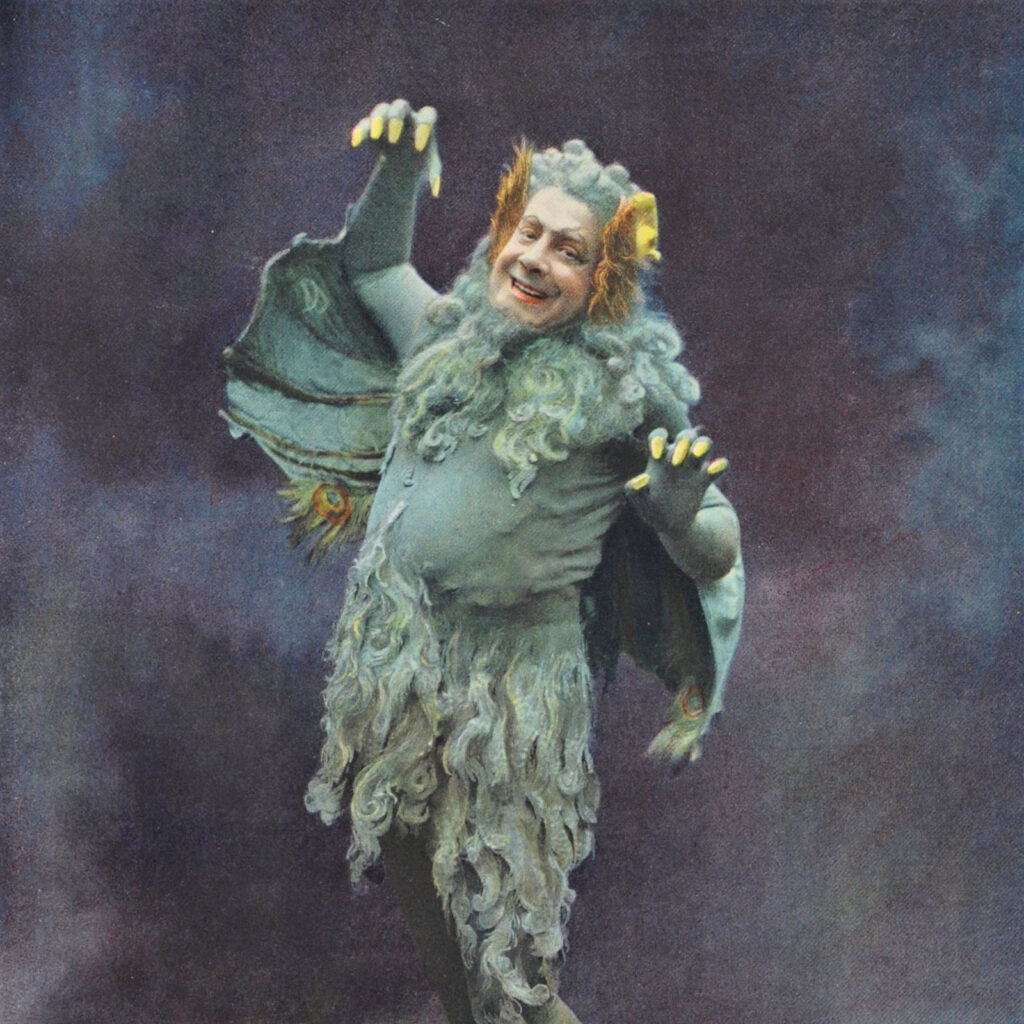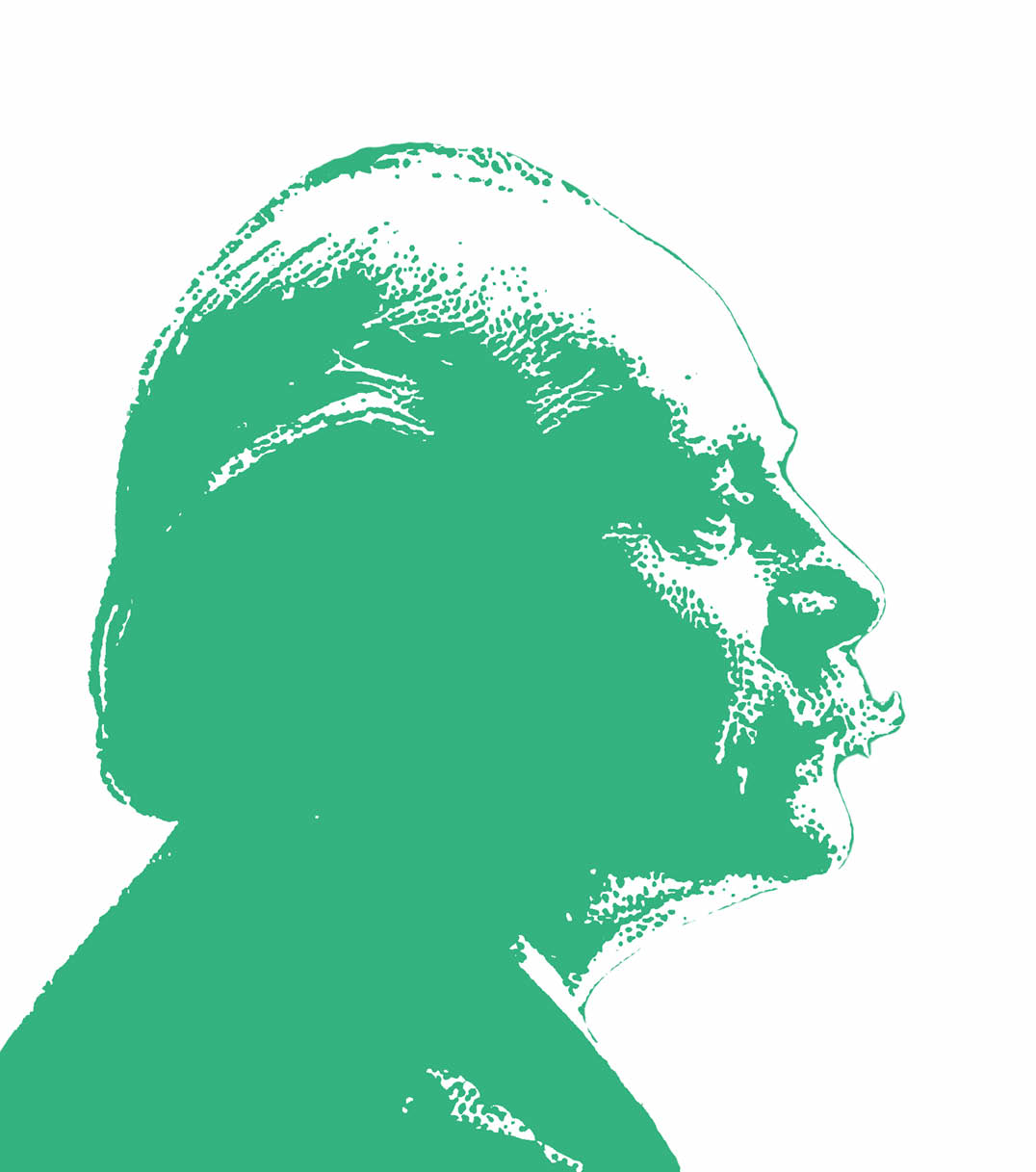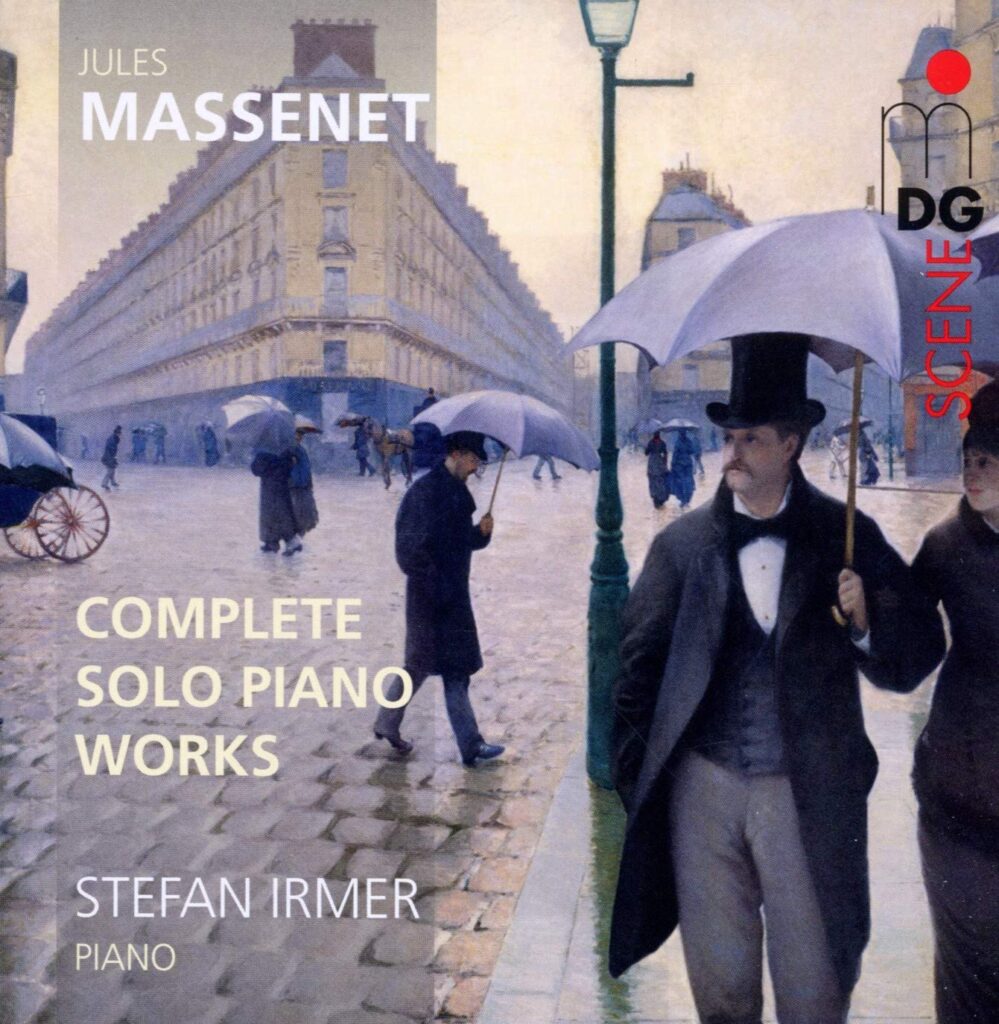Obvious though it may seem, it is easy to forget that, both as a composer and as a teacher, Jules Massenet (1842-1912) had a profound influence on French music.
Rather reserved by nature and not one to engage in polemics in the media arena, Jules Massenet does not immediately stand out as a pioneer in the field of music or as a theorist of operatic reform. The sign of a certain wisdom, a decision to focus his efforts on composition, the composer’s moderation may also be explained by the fact that he attained key positions in French musical life at quite an early age. There was no point in criticising his contemporaries when he held the most prestigious positions – professor of composition at the Paris Conservatoire and member of the Académie des Beaux-Arts at the age of thirty-six – and when his works were internationally successful. To understand Massenet’s aesthetics, we only have to listen to his works and those of his students. Taking care to avoid repetition by varying his choice of subject – fantasy, fairy-tale, classical myth, the medieval, the exotic, and so on – he constantly provided the major European stages with ambitious works. He also trained a generation of artists who were long to remain grateful to him: Gabriel Pierné, Xavier Leroux, Gustave Charpentier, Augustin Savard, the brothers Paul and Lucien Hillemacher, Alfred Bruneau, Paul Vidal, Reynaldo Hahn, Henry Février and Florent Schmitt were among the many artists who took their master’s vision into the heart of the twentieth century.
Rather reserved by nature and not one to engage in polemics in the media arena, Jules Massenet does not immediately stand out as a pioneer in the field of music or as a theorist of operatic reform. The sign of a certain wisdom, a decision to focus his efforts on composition, the composer’s moderation may also be explained by the fact that he attained key positions in French musical life at quite an early age. There was no point in criticising his contemporaries when he held the most prestigious positions – professor of composition at the Paris Conservatoire and member of the Académie des Beaux-Arts at the age of thirty-six – and when his works were internationally successful. To understand Massenet’s aesthetics, we only have to listen to his works and those of his students. Taking care to avoid repetition by varying his choice of subject – fantasy, fairy-tale, classical myth, the medieval, the exotic, and so on – he constantly provided the major European stages with ambitious works. He also trained a generation of artists who were long to remain grateful to him: Gabriel Pierné, Xavier Leroux, Gustave Charpentier, Augustin Savard, the brothers Paul and Lucien Hillemacher, Alfred Bruneau, Paul Vidal, Reynaldo Hahn, Henry Février and Florent Schmitt were among the many artists who took their master’s vision into the heart of the twentieth century.


 Torna indietro
Torna indietro  newsletter
newsletter webradio
webradio replay
replay